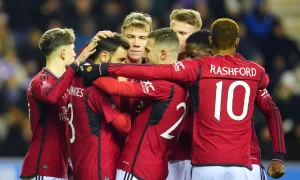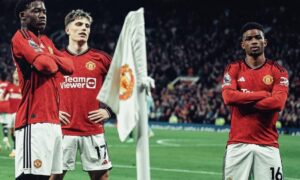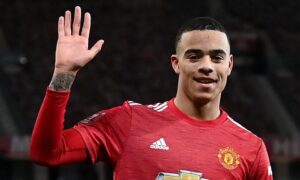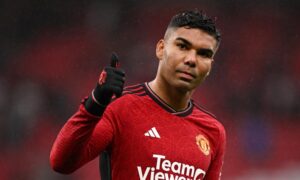Hope is muted by stagnation while purgatory is flavoured with supposition. For Manchester United followers, it continues in this manner week after pointless week.
The Glazers placed the club up for sale about seven months ago; this Thursday marks the “anniversary”. But the family is still there, still torturing people slowly enough to make Torquemada wince, continuing trying to collect as much money as they can before they go. if they move on.
The Glazers, at least, have remained reliable. They stiffed supporters to begin their 18-year rule at the club. They appear to desire the same thing when they go. However, each week that goes by without a sale puts United’s hopes of improving once more the next campaign in jeopardy. Wouldn’t you wait to see if the Qataris, who have almost limitless funds, take over first if you were an agency representing a player lined up for a move to Old Trafford?
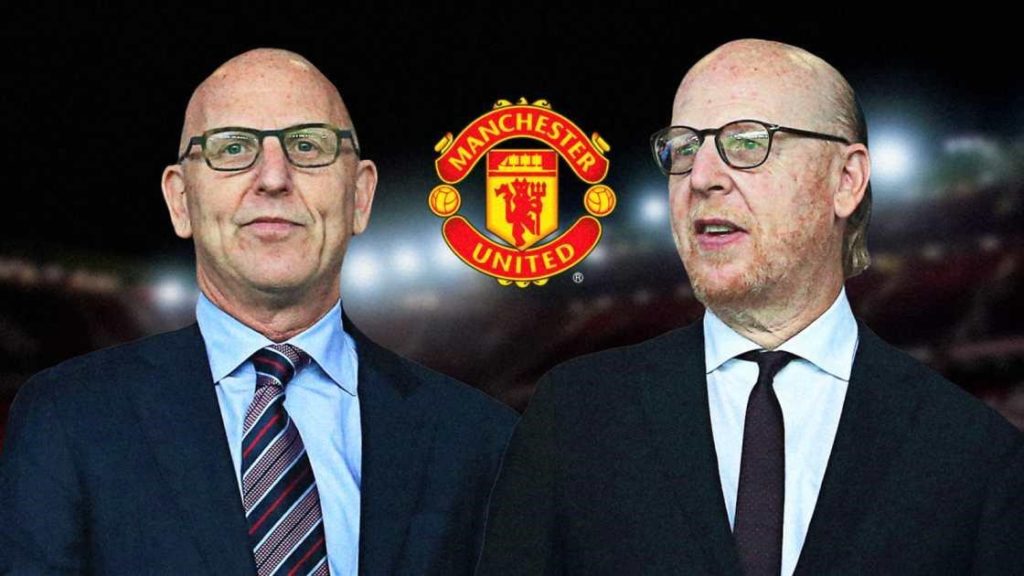
After making a fifth and final offer this month, Sheikh Jassim bin Hamad al-Thani’s Nine Two foundation is believed to have surpassed Jim Ratcliffe’s Ineos proposal. Despite this, it is believed that both sides were still engaged in lengthy conversations last week, and few people in the background are prepared to place solid bets.
That is partially due to the opaque nature of the process, the lack of clarity around the Glazers’ true motivations, and Raine, the US bank overseeing the sale, which has repeatedly attempted to raise the price. However, the majority thinks we are now in the last phase.
The irreparable taint the Glazers have left on English football shouldn’t be skipped over or ignored, though, when the takeover haze inevitably lifts and United’s new owners sweep into Old Trafford with smiles and promises. Even after 18 years, it is incredible to recall that United previously had no debt and was profitable until Malcolm Glazer piled on £540 million in debt to become the club’s owner.
Incredibly, despite warnings from Manchester United supporters, the Premier League and a Labour government found no cause to object to Glazer’s use of a leveraged buyout to finance his takeover. It meant that Glazer only had to invest £272 million of his own funds to purchase a club valued at £810 million, with the remaining funds being borrowed and secured by the company’s assets. In essence, United paid for their own takeover and maintenance going forward.
The debt is still staggering even now. In plain English, the debt increased from virtually nothing before Glazers took control to more than half a billion when they took over, to over £700 million in 2010, and now to £535.7 million at the start of 2023.
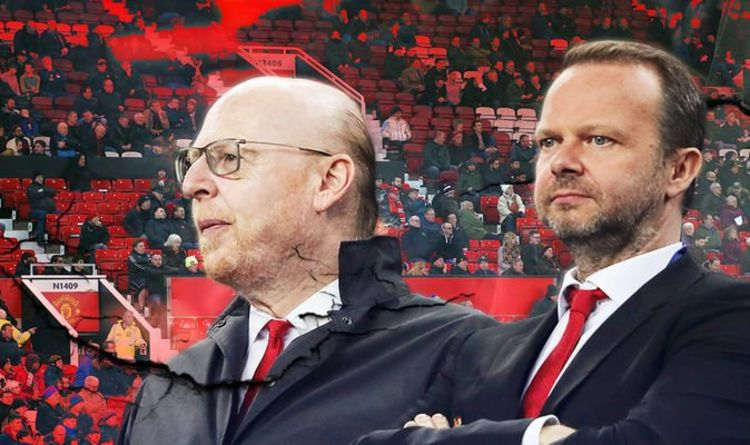
The Glazers essentially mimic the zombie-ant fungus seen in nature films, which takes over its victim and uses it as a resource by sucking its host’s vital nutrients from the inside out. The host, too? Well, it doesn’t go well, does it?
At least the Premier League now seems to understand that such conduct is detrimental to the game. Last Monday, it agreed to prohibit the kind of large-debt acquisition employed by the Glazers by capping leveraged buyouts at about 65% of a club’s valuation. Why did it take so long?
The Glazers’ overall track record isn’t much better, though. You don’t need an MBA to grasp that it was blatant stupidity to let Sir Alex Ferguson, your greatest football manager, and Chief Executive Officer David Gill go in the same summer. The Glazers could divert attention away from the club’s financial situation while United was still having success on the pitch. But there hasn’t been a place to hide for the last ten years.
Sheikh Jassim 'threatened to walk away' from Manchester United takeover after lodging latest bid #mufc https://t.co/EVhSYXK1ot pic.twitter.com/CBYbnhsig8
— Man United News (@ManUtdMEN) June 18, 2023
Amazingly, though, the Glazer siblings have been raking in millions of dollars every year since 2015, when dividend payments to shareholders began. The biggest was made in 2021–22, when United finished sixth, Ole Gunnar Solskjaer was fired, and Ralf Rangnick turned out to be a complete failure, costing £34 million in total. Success ought to be celebrated. However, utter failure?
Since 2015, the Glazers have spent a total of £154 million on dividends and share buybacks. No Premier League owner has borrowed more money over the past ten years, as the highly regarded football finance blogger Swiss Ramble noted last year. Aston Villa ($506 million), Manchester City ($684 million), and Chelsea ($516 million) before Todd Boehly have all invested substantial sums of money. United may still be the largest moneymaker in the world, but when the squad, Old Trafford, and the Carrington training facilities are not of the highest calibre, it has a price.
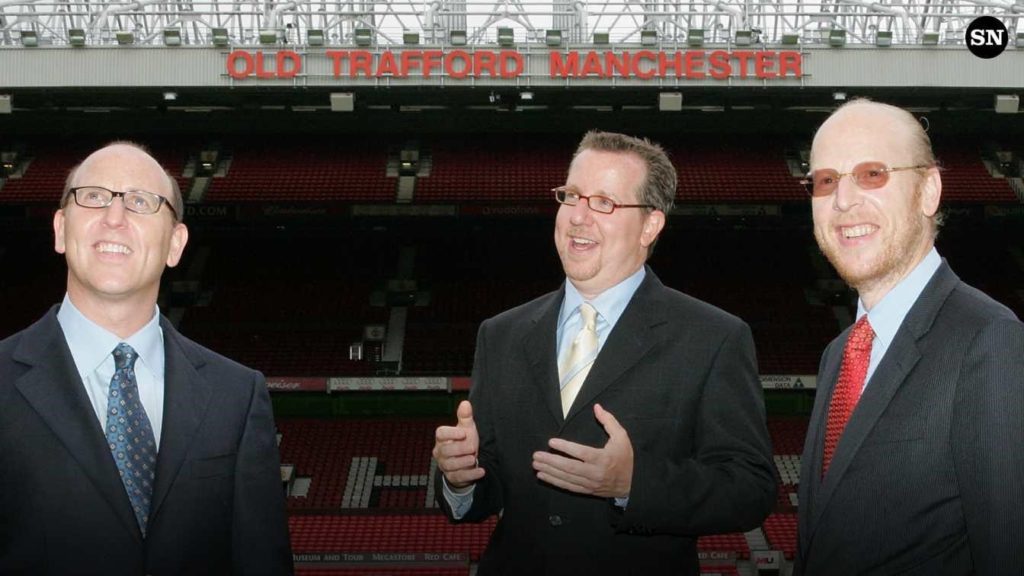
Not to mention the Glazers’ terrible treatment of the team’s supporters. The fact that they didn’t start communicating with the Manchester United Supporters Trust until 2021, 16 years after purchasing the team, and only after the demise of the European Super League, says so much. The Qataris and Ineos, on the other hand, have made it plain that if they are accorded preferred bidder status, they will talk to the trust within days, according to MUST’s Chris Rumfitt.
Rumfitt and other United supporters must, however, hold their breath for the time being. Some of them believed that when Avram Glazer, with the club covering the exorbitant expense, booked a £250,000 private plane to see United play in the women’s FA Cup final last month, it would be the last insult before the takeover really happened. But it was never likely to be that easy with the Glazers.






